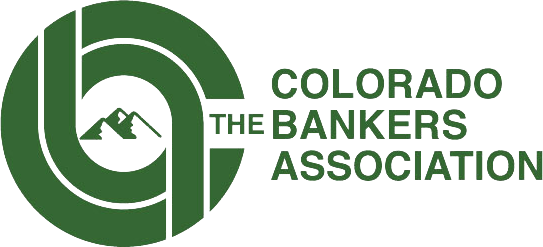The Biden administration’s proposal to use bank account data to combat tax evasion would undoubtedly raise banks’ compliance burden and, even more concerning, would threaten the privacy of bank customers.
The proposal would require financial institutions and other financial services providers to track and submit to the IRS information on the inflows and outflows of every account above a threshold of $600 during the year, including breakdowns for cash. While the stated goal of this data collection is to uncover tax evasion by wealthy citizens, this proposal misses that mark by targeting everyone.
In addition to the significant privacy concerns, it would create tremendous liability by requiring the collection of financial information for nearly every bank customer without proper explanation of how the IRS will store, protect, and use this enormous trove of personal financial information.
The industry has been working on expanding financial services to unbanked individuals. Many of these individuals have a lack of trust in the government.
One must question the impact on the unbanked and underbanked. The industry has been working on expanding financial services to unbanked individuals. Many of these individuals have a lack of trust in the government. I must assume the reporting required by the proposal would discourage them from opening a banking account.
Further, the federal government’s history of keeping this type of data secure is dubious at best. The IRS is one of several government systems that has recently experienced a data breach. The concern is the government’s ability to keep financial data secure.
The program would be costly, not fit for the stated purpose, and loaded with unintended and seriously negative consequences. The cost to taxpayers is an estimated $87 billion over the next 10 years.
The proposal fundamentally changes the nature of the information your bank is required to report on and forces banks to provide the government with information that does not reflect taxable activity. The Treasury Department and IRS have both stated this is a method for them to raise revenue.
We have been successful at blocking the proposal so far, but the Biden administration is being very vocal in their support for the provision, and they will have numerous opportunities to include this provision in the bill.
Bankers, thank you for making your opposition known by contacting members of Congress and alerting your customers to the potential privacy risks. Keep up the good work.







